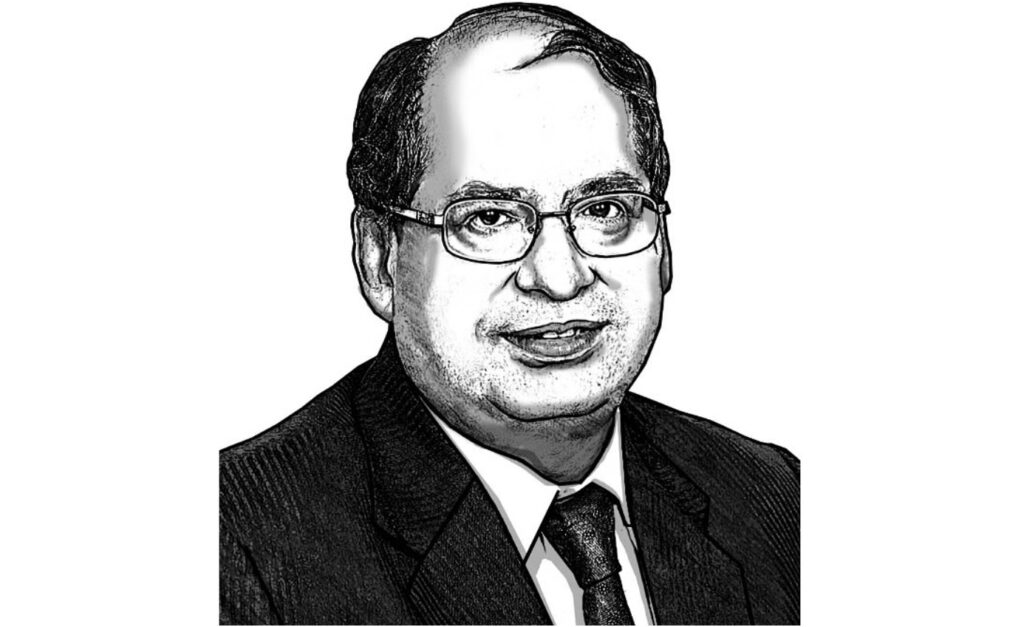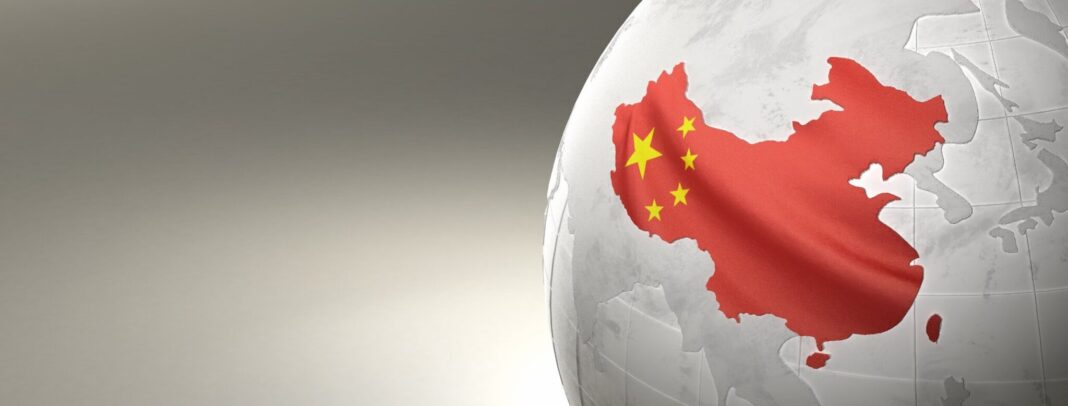TCA Ranganathan: The former chairman of the Export Import Bank of India is a banker with a theory of everything.@tcartcaCredit: DH Illustration

A whispered debate is on in some quarters about the causes underlying the current Chinese economic travails. Reports of sliding exports, rising numbers of the educated unemployed, abandoned and incomplete infrastructure/housing projects are now common. What has gone wrong in China? Is it excessive regulatory self-goals? Or is it that Xi Jinping, in his haste to become more admired than Mao and Deng, has stepped over the red lines of geo-economics?
Deng Xiaoping’s reforms of the 1980s laid the foundations for fostering trade-led economic growth. China became the manufacturing centre of the world in the next three decades. China’s GDP crossed $1 trillion in 1998, $2 trillion by 2005, $10 trillion by 2015, and hit $18 trillion by 2020, when the world was suddenly rocked by the outbreak of the Covid pandemic – out of Wuhan, China. China’s economic fortunes seem to have changed since. Xi Jinping’s lockdown rules in response to the virus initially seemed to work, winning China accolades. However, a year later, the virus re-emerged despite the strict rules. In retrospect, lockdowns lasted much longer in China and may have thus induced greater economic losses than elsewhere. Despite this, China started reporting new styles of economic management, departing from the earlier hands-off attitude of Deng and his immediate two successors.
Over the years, Chinese companies such as Huawei, ZTE, Lenovo, Xiaomi, Inspur, Baidu, Alibaba, Tencent, etc., had attained global standing. Several of them in technology, education, entertainment, gaming, real estate and finance, with a total market capitalisation of $1.3 trillion, are currently listed on US stock exchanges. Rich world wealth managers were competing to be first in the queue for Chinese stocks. Suddenly, though, these companies seem to have fallen into disfavour in Xi’s China.
By 2021, reports regarding regulatory action had become common across sectors as Xi moved to “curb monopolistic practices, protect national security, promote social equality and prevent financial risks”. China’s private builders were the earliest to come under regulatory fire with the announcement of three seemingly innocuous regulatory redlines: Liabilities should not exceed 70% of assets; net debt should not be greater than 100% equity; and, money reserves must be at least 100% of short-term debt’’. However, Evergrande Group, the largest Chinese property developer, as also other builders, started tottering. Alongside news reports regarding the travails of Jack Ma, the best-known Chinese technology entrepreneur, started appearing. It is often suggested that these measures eroded trust among Chinese businesses regarding government. This created uncertainty and anxiety among investors, businesses and consumers, apart from impacting the profitability and valuation of many companies. It is possible that the bureaucracy over-reacted in response to Covid-induced distress as Xi, in 2013, had moved to majorly re-centralise powers by launching wide ranging ‘‘anti-corruption’’ drives. Hundreds of ministerial/provincial leaders and over a million government officials/Communist Party cadres had been purged. The government has made significant efforts to roll back harsh measures and launch policies supportive of businesses in recent months, but the economy does not seem to be responding. Trust, once broken, is hard to restore. There is yet another viewpoint on China’s difficulties.
It asks whether Deng’s reforms would have been as effective in propelling Chinese growth in a still bipolar world? Would nations have allowed so many businesses to re-locate to politically hostile belts just to reduce costs? Though US/EU have less than 10% of the global population, they have a disproportionately larger share — over 40% — of global demand. Xi’s regime, in displaying a more muscular geopolitical approach, re-propagating the Mao era ‘Chinese dream,’ which envisioned global leadership — in contrast to Deng’s ‘hide your strength, bide your time’ dictum — ignores this economic reality. The steady growth of Chinese trade surpluses, combined with this muscular geopolitical approach, is now facing the inevitable reaction. A US-China trade war started in January 2018, when the US, under Trump, began imposing tariffs, sanctions and other trade barriers on China. It has only intensified under President Biden. In his book Global Discord, Paul Tucker, former Deputy Governor of the Bank of England, now based in Harvard University, has brought out how the principles and values of liberal democracies got created in a slow, often torturous, three-century-long evolutionary process, starting with the Peace of Westphalia of 1648 and concluding with the end of WW2 in 1945. The West, it is suggested, will thus not allow potentially hostile nations to grow the ability to threaten this achievement. Thus, matters may worsen for Chinese manufacturing. India, with its democratic values, may stand to hugely benefit, if only we can get our manufacturing ecosystems into better shape.
deccanherald.com

